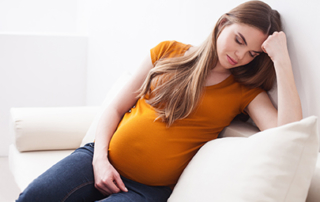Preliminary Study: Folic Acid Reduces Risk for Autism in Kids Prenatally Exposed to Antiepileptic Drugs
Several studies have observed that fetal exposure to the antiepileptic drug (AED), valproic acid (Depakote), may significantly increase the risk of having a child with an autism spectrum disorder. In contrast, exposures to other AEDs, [...]








